Up Close and Personal with Digital Assets
The Briger Family Digital Finance Lab at Columbia Business School has launched Bitcoin and Ethereum nodes, facilitating research, instruction, and network resilience.
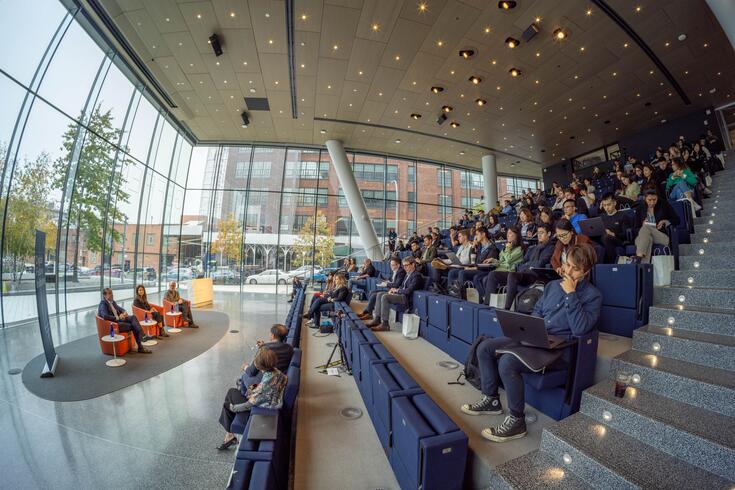
The Briger Family Digital Finance Lab at Columbia Business School has launched Bitcoin and Ethereum nodes, facilitating research, instruction, and network resilience.
Columbia Business School Professor Brett House analyzes the Fed's recent policy announcement and discusses its potential impact on the economy and households.
New research by CBS Professor Boaz Abramson sheds new light on the country’s costly mental health epidemic.
At the Tamer Institute's 2024 Climate Business and Investment Conference, the automotive industry leader explained how the company is overcoming EV market challenges on the road to net zero.
Morgan Stanley’s former CEO reflects on his time at Columbia Business School, his unexpected path to Wall Street leadership, and why aspiring business leaders should focus on the journey rather than immediate rewards.
At a fireside chat hosted by Columbia Business School's Finance Division, the legendary investor laid out his approach to investing and career growth, and stressed the importance of learning from your mistakes
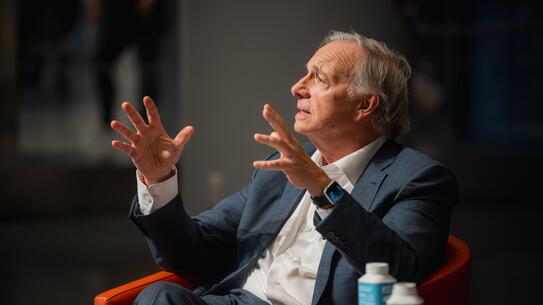
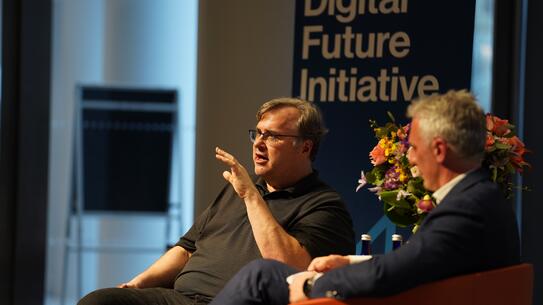
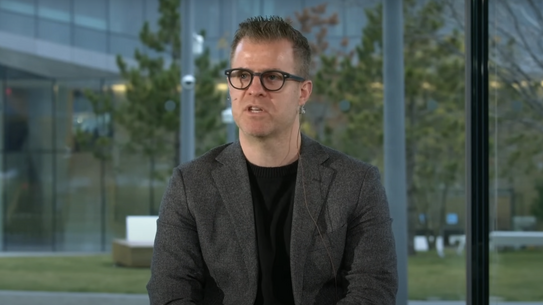
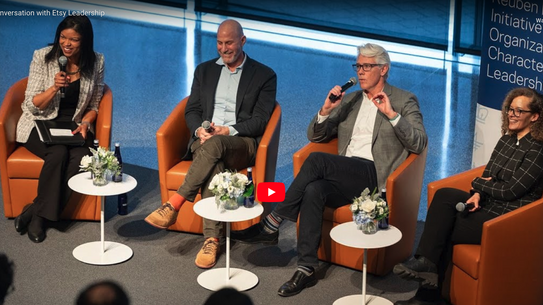


In this episode of Columbia Bizcast, hear the winner of the 2024 Botwinick Prize in Business Ethics describe his values-based approach to leadership.
At a recent live event hosted by the Jerome A. Chazen Institute for Global Business, Professors Abby Joseph Cohen and Pierre Yared discussed signs that the global economy and financial markets are moving toward a more 'normal' state.
The accomplished entrepreneur, executive and investor recently joined CBS Dean Costis Maglaras to discuss the new technology and share lessons from building many of today's leading consumer businesses.
Research from CBS’s Chazen Institute analyzes the role union leaders play in sparking change.
Research by CBS Professor Glenn Hubbard uncovers the impact of pandemic-era unemployment assistance on larger labor market dynamics.
Research by Professor Andrea Prat investigates how well Americans can detect false information compared to their ability to recognize true facts, revealing that information inequality — rather than widespread misinformation — is the core issue impacting discernment.
Professor Laura Veldkamp and her co-researchers explore the inputs that might go into a price model of data.
New research from CBS Professor Gernot Wagner finds that the commonly used bottom-up cost curves may underestimate barriers to climate change mitigation, while the top-down estimates used by economists may be too high.